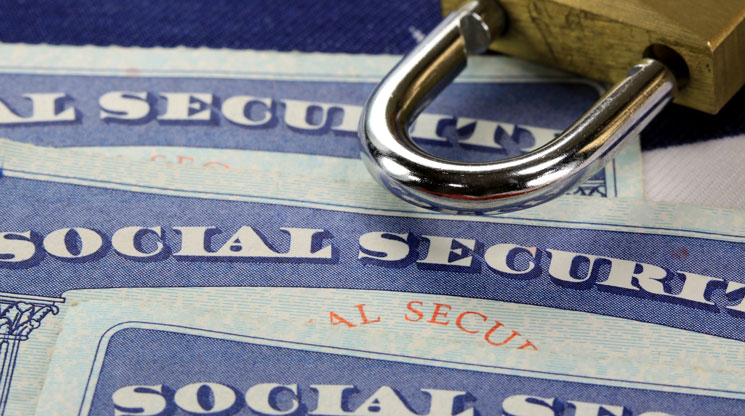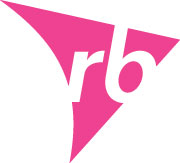
$16 billion was stolen from over 15 million U.S. citizens last year, according to research from the Insurance Information Institute. Identity theft occurs when someone steals your personal information in order to make purchases under your name. This is an issue that isn’t going away, so take these extra precautions to protect your personal information.
Protect Your Passwords
Each of your accounts should have a separate password. Using the same password for multiple accounts is not a wise choice, as multiple accounts could be at risk if that password gets stolen.
Create long passwords that utilize letters, numbers and punctuation marks, as this will make it harder for thieves to decipher them. Try to update your passwords once every six months, as this will make it much harder for people to break into your accounts. As one extra tip, if you are signing into one of your accounts on a public computer, wipe the login information before you sign off.
Be Aware of the Information You Share Online
Think about how many times you’ve shared information by logging into sites with your Facebook or Twitter accounts. Certain information, like your address and social security number, should not be shared online, as any information you share could be seen by millions of people. Strengthen the privacy settings on your social media accounts, and be mindful of who you add as a connection.
In addition, you should keep your eyes out for phishing scams, which involve messages that can pop up in your email. These messages try to trick you into disclosing your personal information, and are designed to look like they come from legitimate businesses. It’s generally a good idea to be suspicious of any email that asks for personal information.
Shred Banking Documents
Use a shredder to destroy bank statements and other documents with sensitive information when you are done with them. When you shred these documents, it becomes a lot harder for people to piece your information together, even if the shredded pieces are found. If you don’t have access to a shredder, many services are available that can help you get rid of old documents so you can protect your personal information.
Check Your Bank Account for Errors
If you are worried about your bank account being compromised, it’s a good idea to regularly monitor your bank statements online. Check your online account frequently to make sure that all the listed transactions are ones you made, and don’t just wait for the monthly bank statement to come in.
It should be easy to identify a purchase on your account that you didn’t make, especially if it was made in a different state. You should also consider getting a free credit report every once in awhile, as it can also help identify any suspicious information on your account.
Content Sponsored By:

